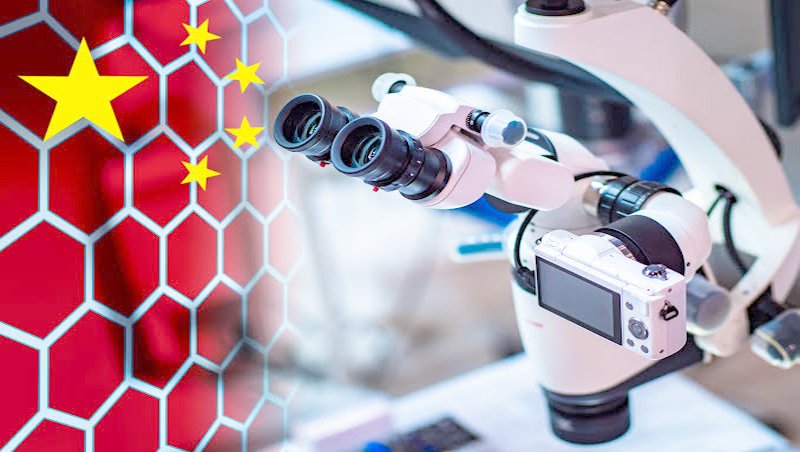In 2016, the commission published a similar document governing ethical reviews, but it was restricted to biomedical research conducted at various levels of medical & health institutions.

A set of uniform ethical review criteria has been released by China for use by medical facilities, educational institutions, and research facilities planning to conduct life sciences and medical research on humans.
The National Health Commission, the Ministry of Education, the Ministry of Science and Technology, and the National Administration of Traditional Chinese Medicine released the guideline on Monday. It clarifies the oversight responsibilities of various authorities and broadens the range of research that now requires ethical reviews.
According to officials and experts, the publication of the guideline is an important step in breaking down barriers between government agencies and addressing ethically murky areas of research.
Zhai Xiaomei, executive director of the research centre for bioethics at the Chinese Academy of Medical Sciences, said that the “Research in the fields of modern biomedical and life sciences tends to integrate with each other more closely, posing challenges for government authorities holding independent supervision power. Chinese professionals have called for a more comprehensive oversight system to address issues over the years.”
The central authority announced in July 2019 that a national science and technology ethics committee would be established, marking the beginning of a series of initiatives to enforce uniform and thorough regulations regarding ethical review. Zhai stated that this was a watershed reform.
The new directive, which brings together four government departments to create and implement a common set of rules, is a step in the right direction for China’s current ethical review strategy, according to the official.
In 2016, the commission published a similar document governing ethical reviews, but it was restricted to biomedical research conducted at various levels of medical and health institutions.
According to the commission, “more higher education institutions and research facilities have participated in life sciences and medical research involving human beings as a result of China’s increasing investment in the field of scientific innovation and the development of its biotechnology.”
The new guidelines also permit the establishment of a commission system, which enables facilities without ethical review boards to delegate ethical review authority to institutions with greater competence in order to “ensure full coverage of ethical review,” according to the commission.
87.5 percent of medical institutions, according to a survey published in 2020 by the China Association for Science and Technology, have ethics regulatory bodies, but only 17.6 percent of universities, 5.4 percent of research institutions, and 1 percent of businesses have such organizations.
According to Zhai, “some institutions might only complete two to three such projects annually, and some are merely unable to find qualified professionals to form a board.” “Therefore, this commission mechanism can aid in resolving the problem these facilities are facing.”
To increase the effectiveness of ethical evaluations, the document also suggests establishing regional ethical review boards. The statement read, “Enterprises intending to conduct such research can rely on the commission system to complete the necessary procedures.
In accordance with the guidelines, an ethical review board must conduct investigations and render recommendations within 30 days of accepting a review application.
Requests for urgent ethical reviews should be handled right away, and requests submitted during a serious epidemic should receive a response within 72 hours. The guideline also outlines a sequence of actions that must be taken to obtain consent from research subjects who are disabled or have limited mobility.
According to the commission, “Special groups have always been the focus of ethical reviews.” Children, expectant mothers, the elderly, and those with intellectual or mental disabilities all have requests for special protections laid out in the guideline.
In China, protecting vulnerable groups has always been a priority, and the new guidelines make even more advancements, according to Zhai. The next step, according to Zhai, is to intensify training to make sure that members of the review board are competent and qualified to assist in resolving important issues, as China’s ethical review system has been continuously improving in recent years.
Research ethics, according to her, “require careful value judgement and a balance of multiple factors. It is a complicated and occasionally case-by-case topic.” “Improving skills to analyse and resolve ethical issues is important.”